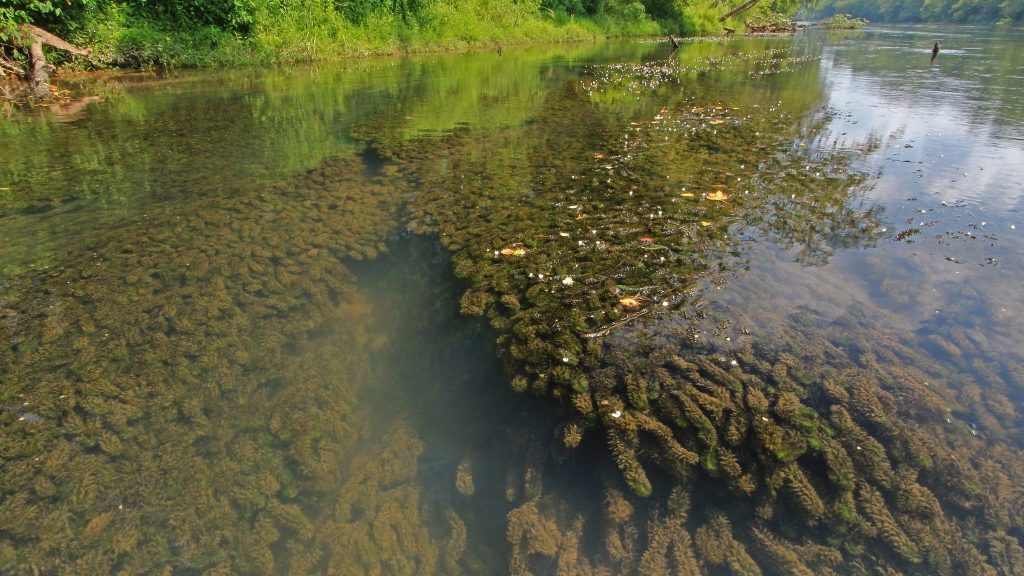Southeast Regional Invasive Species and Climate Change Management Network (SE RISCC)
SE CASC Working Groups bring together multi-disciplinary teams of academics, USGS staff, Tribal Nations, representatives from state agencies, other stakeholders, and students to address regionally-relevant emerging issues and to develop syntheses of topics to inform science needs and improve co-production.

Working Group Goals:
An invasive species is a species that is not native to a location and is spreading with a tendency of causing damage to native plants and wildlife. At present, the SE USA harbors thousands of invasive plants and animals, which were introduced through the intentional plant and pet trade or unintentionally through other forms of commercial trade. Currently there are hundreds to thousands of invasive species with relatively restricted ranges in the southeastern USA, but as the climate changes these species are expected to expand their ranges to new regions. To plan and respond to the redistribution of invasive species, researchers, managers, policy makers and the general public must coordinate existing information as well as identify information needs for the future. Our ultimate goal is to improve invasive species management in the face of climate change. To achieve this goal, we must identify information needs for invasive species management and develop a strategy to address these needs via information sharing and research. Our working group is a critical first step towards establishing a Southeast Regional Invasive Species and Climate Change Management Network (SE RISCC) to coordinate the management of invasive species and their future spread under climate change.
Working Group Leads:
Brett Scheffers (University of Florida)
View a webinar recording summarizing the working group:
Research Summaries:
- Tropicalization of Temperate Ecosystems in North America: In this survey we highlight research by Dr. Mike Osland from the USGS Wetland and Aquatic Research Center in Lafayette, Louisiana on ecological transformations connected to climate extremes and climatic events.
